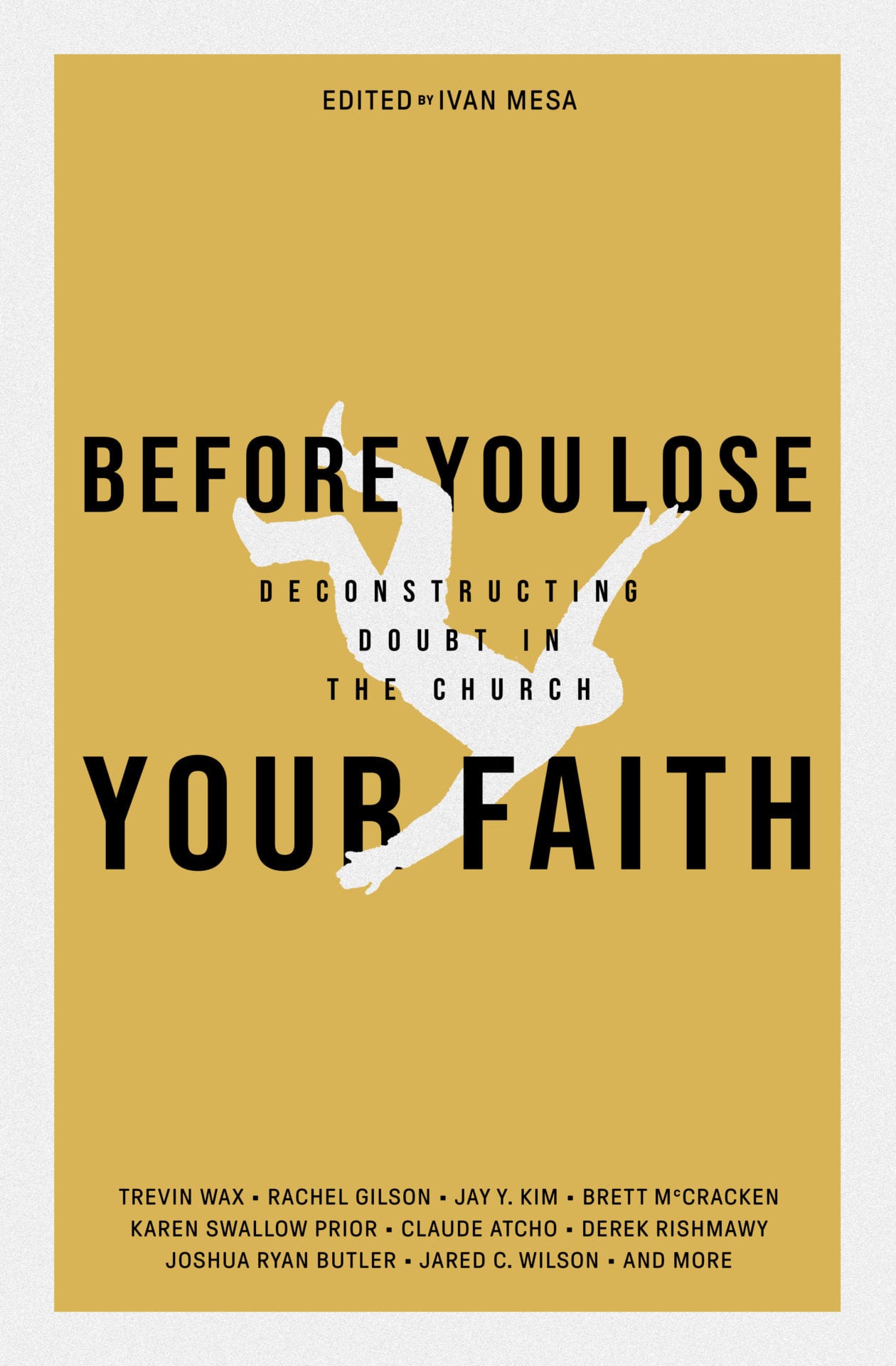Today is International Women’s Day, a century-old international observance of women’s cultural, economic, and social achievements.
Here are nine things you should know both about this global celebration and social issues related to women:
1. The original observance, held in the United States on February 23, 1909, was created by American socialist groups and dubbed National Woman’s Day (singular). As scholar Temma Kaplan explains, the event was originally an attempt by socialists and anarchists to establish a secular communal tradition. The observance was picked up in Europe in 1911 and redubbed International Woman’s Day (also singular). The event drew socialists into the cause of women’s suffrage—a cause they had previously rejected as being a “conservative” issue.
2. The most historically significant celebration of International Woman’s Day occurred in Russia in 1917. When Russian women marched in protest to the working and living conditions in the country, the nation’s leader, Czar Nicholas II, ordered the military to quash the demonstrations—and to shoot the women if they refused to comply. This event was part of the Russian Revolution that forced the czar to abdicate. In honor of the contribution of women to the revolution, Vladimir Lenin, founder of Russia’s Communist Party, declared Woman’s Day an official Soviet holiday in 1911. Until the mid-1970s, International Women’s Day has be celebrated primarily in socialist and communist-controlled countries.
3. In the 1950s an apocryphal story surfaced in French Communist circles that the first woman’s day event was a commemoration of the 50th anniversary of a spontaneous demonstration in 1857 by female textile workers in New York City. Ironically, some groups latched on to this narrative to distance the day from the event’s socialist roots. But the story has no basis in fact, and there is no evidence the 1857 demonstration ever occurred.
4. In 1975, during International Women's Year, the United Nations began celebrating International Women's Day (plural) on March 8. Since then, that day has been considered the official date of observance throughout most of the world.
5. International Women's Day is an official holiday in: Afghanistan, Angola, Armenia, Azerbaijan, Belarus, Burkina Faso, Cambodia, Cuba, Georgia, Guinea-Bissau, Eritrea, Kazakhstan, Kyrgyzstan, Laos, Madagascar, Moldova, Mongolia, Russia, Tajikistan, Turkmenistan, Uganda, Ukraine, Uzbekistan, Vietnam, and Zambia. In China, Macedonia, Madagascar, and Nepal it’s a holiday for women only. In some countries, the celebration is equivalent to Mother’s Day and other gift-giving holidays.
6. Women and education: In almost every country in the developed world, women have more college degrees than men do. Among 25- to 64-year-olds, women are represented more than men at all levels of secondary education except for doctoral or equivalent degrees. In the United States alone since 1982, women have earned approximately 10 million more college degrees than have men.
7. Women and political representation: Around the globe, women remain underrepresented in national parliaments. In only two countries (Rwanda and Bolivia) do women comprose 50 percent or more of the parliament. In the U.S. House of Representatives, women hold just 83 of the 435 seats (19.1 percent) and in the Senate, women hold just 21 of the 100 seats (21 percent). Also in the United States since 1971, the number of women serving in state legislatures has more than quintupled, though only 24.8 percent of current state legislators are women.
8. Women and work: Globally, about 75 percent of all men and 50 percent of all women participate in the labor force. But when both paid and unpaid work (e.g, childrearing, homemaking) are taken into account, women work longer hours than men—an average of 30 minutes a day longer in developed countries and 50 minutes in developing countries.
9. Women and religion: Across the globe, women are generally more likely than men to be affiliated with a religious organization, to pray more than men do, and are more inclined to say religion is “very important” in their lives. In countries that have large Christian populations, women are also more likely than men to report attending churches services weekly.
Other articles in this series:
Health Effects of Marijuana • J. R. R. Tolkien • Aleppo and the Syrian Crisis • Fidel Castro • C.S. Lewis • ESV Bible • Alzheimer’s Disease • Mother Teresa • The Opioid Epidemic • The Olympic Games • Physician-Assisted Suicide • Nuclear Weapons • China’s Cultural Revolution • Jehovah’s Witnesses • Harriet Tubman • Autism • Seventh-day Adventism • Justice Antonin Scalia (1936–2016) • Female Genital Mutilation • Orphans • Pastors • Global Persecution of Christians (2015 Edition) • Global Hunger • National Hispanic Heritage Month • Pope Francis • Refugees in America • Confederate Flag Controversy • Elisabeth Elliot • Animal Fighting • Mental Health • Prayer in the Bible • Same-sex Marriage • Genocide • Church Architecture • Auschwitz and Nazi Extermination Camps • Boko Haram • Adoption • Military Chaplains • Atheism • Intimate Partner Violence • Rabbinic Judaism • Hamas • Male Body Image Issues • Mormonism • Islam • Independence Day and the Declaration of Independence • Anglicanism • Transgenderism • Southern Baptist Convention • Surrogacy • John Calvin • The Rwandan Genocide • The Chronicles of Narnia • The Story of Noah • Fred Phelps and Westboro Baptist Church • Pimps and Sex Traffickers • Marriage in America • Black History Month • The Holocaust • Roe v. Wade • Poverty in America • Christmas • The Hobbit • Council of Trent • Halloween and Reformation Day • Casinos and Gambling • Prison Rape • 16th Street Baptist Church Bombing • Chemical Weapons • March on Washington • Duck Dynasty • Child Brides • Human Trafficking • Scopes Monkey Trial • Social Media • Supreme Court's Same-Sex Marriage Cases • The Bible • Human Cloning • Pornography and the Brain • Planned Parenthood • Boston Marathon Bombing • Female Body Image Issues • Islamic State
Free Book by TGC: ‘Before You Lose Your Faith’
 Many young people are walking away from Christianity—for reasons ranging from the church’s stance on sexual morality, to its approach to science and the Bible, to its perceived silence on racial justice.
Many young people are walking away from Christianity—for reasons ranging from the church’s stance on sexual morality, to its approach to science and the Bible, to its perceived silence on racial justice.
TGC’s book Before You Lose Your Faith: Deconstructing Doubt in the Church is an infusion of hope, clarity, and wisdom in an age of mounting cynicism toward Christianity.
For anyone entering college or the workplace and looking for a timely reminder of why Christianity is good news in a skeptical age, make sure to get your FREE ebook Before You Lose Your Faith today!


































